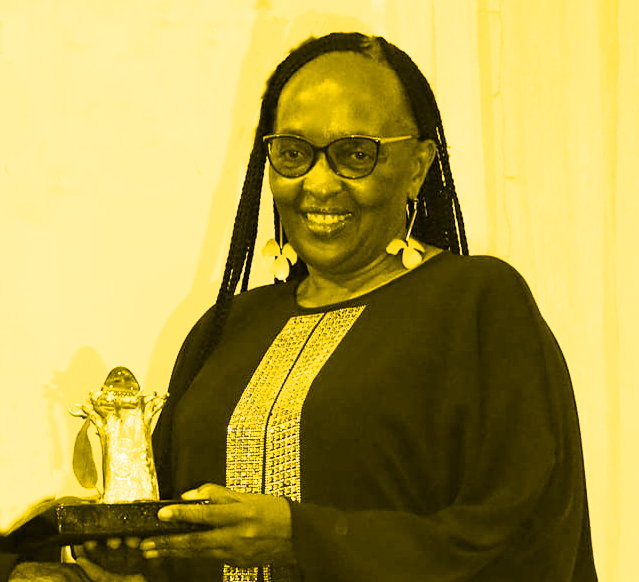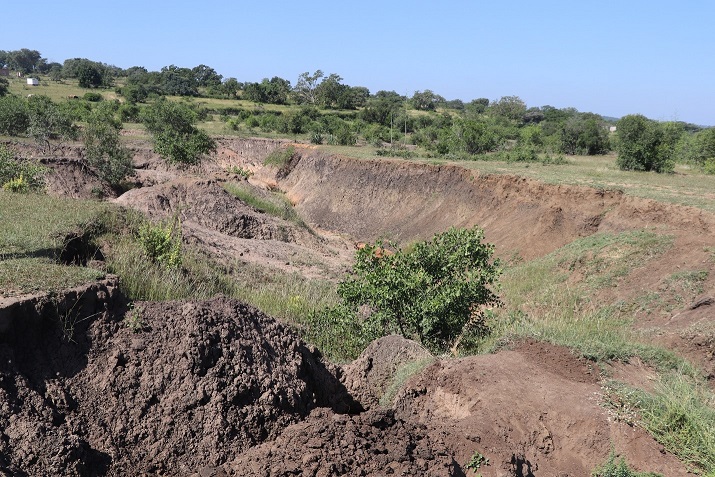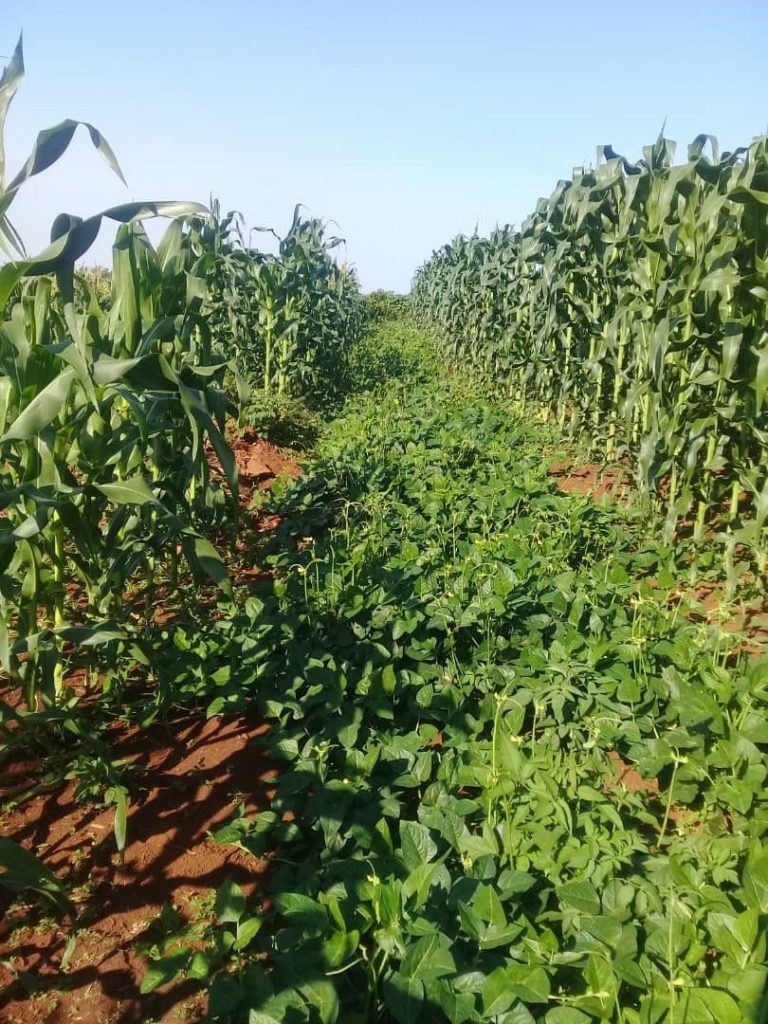Environmental Assessment Inclusive Development Planning Climate-Smart Agriculture
About
Founding Journey
LK Consulting was founded in early 2024 by Lynn Kota as part of her vision of contributing in the field of environmentalism and equitable development in Eswatini.
The firm has three main focus areas:
Environmental Impact Assessment
Planning, Implementation, Monitoring and Evalutation of Inclusive Development Projects and Policy
Climate-Smart Agriculture Consulting
Founder's Journey
Over a career spanning nearly three decades, Lynn Kota has gained expertise in all aspects of rural development—from project conception and planning through implementation and on to exit and post-project continuity. This expertise has come through a combination of qualifications in diverse fields, including environmental science, and environmental sociology. She has expertise in the estimation of reductions of GHG emissions as a result of specific interventions to increase soil organic carbon below and above ground.
Her expertise is also based on extensive practical experience in the field. Lynn has been part of several project design teams, and continuing to lead the projects. Her focus has been on the sustainability and up-scalability of projects. A case in point being the Lower Usuthu Sustainable Land Management (LUSLM) project that was deemed feasible to upscale from an initial 10 Chiefdoms in one region, to 37 Chiefdoms in three of the Eswatini’s four regions.
For both of these projects, Lynn was deeply involved with the stakeholder committees responsible for crafting the pre-funding concept notes. In the case of the smallholder market-led project (SMLP/CSARL), this was done with careful integration of numerous lessons learned during the implementation and closing of its pilot-scale predecessor LUSLM. An understanding of the importance of learning from previous experience—and the ability to integrate that learning into project design—is one of the key factors that led to the success of the SMLP/CSARL.
Another factor which is vital for development projects is engaging a broad base of community and organisational stakeholders. Both of these projects were designed to take into account not only the high-level results sought by funders, but also the aspirations of communities in the project area, and the capabilities of relevant support organisations already operating in those areas.
The nexus between Water, Energy and Food (WEF),has been a core element in the projects she has led, as has been the nexus Indigenous Knowledge and Scientific Knowledge , particularly as it relates to Nature based Solutions (NbS) have been key in her work.
Lynn Kota has extensive expertise in the environmental and social aspects of development projects that maintain the delicate balance required to reach a successful close in real word conditions between macro scale objectives and community aspirations. .
She was awarded a Lifetime Achievement Award in the Environment sector in 2023. This ward is coferred to a deserving individual in Eswatini once in ten years.

Lynn Kota accepting a Lifetime Achievement Award at the 2023 Temvelo Awards.





